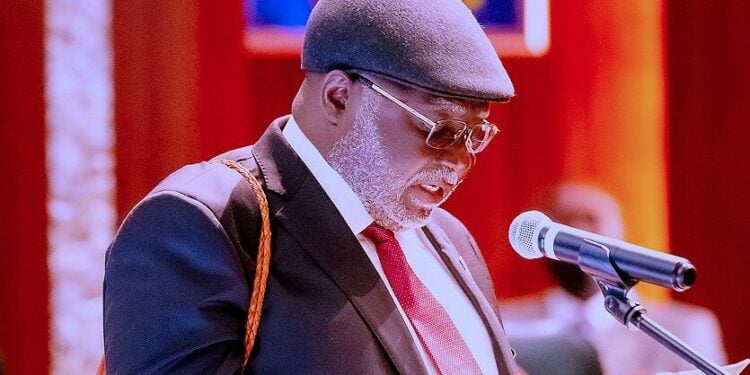Stakeholders in the nation’s judiciary have made recommendations that will address the issues of judicial appointment process, funding and eradicating delays in the administration of justice at the just concluded two-day national summit on justice.
In a communique issued at the end of the summit yesterday, it was noted that the national policy on justice 2024 to 2028 will now serve as a roadmap, paving the way for a more efficient, equitable and responsive justice system for all Nigerians.
The chairman, joint planning committee of the summit, Dr Babatunde Ajibade (SAN) who read the communique, said the general consensus reached at the summit was that the role of the National Judicial Council in discharging its responsibility for judicial appointments into the superior court of record required significant review.
The stakeholders expressed concern about the fact that the Chief Justice of Nigeria, who is the chairman of the NJC is also the chairman of the Federal Judicial Service Commission, the body that initially reviews proposals or lists of candidates by appointment into judicial office.
The summit pointed out the seeming inconsistency between the CJN playing both roles, as it would appear that he is recommending candidates to himself being chairman of both bodies, and being the person who appoints a significant number of the members of both bodies other than those who are statutory members.
There was a general consensus by the summit on the need to reconstitute or propose reconstitution of both the NJC and the FJSC.
On the role of the State Judicial Service Commission in judicial appointments, the summit concluded that there was a significant need to ensure that composition of the SJSC is more diverse, that it reflects the interests of the users of the justice sector.



